Tooth extraction is the most common and terrifying surgery in dentistry. Today, dentistry has reached a high level, so the surgery at Mary Care Dental Clinic is performed quickly and with a minimal rehabilitation period, without pronounced pain. Our specialists use high quality anesthetics and the latest equipment. Mary Care which is located on Pechersk, is aimed at preserving teeth even in the most complicated cases, but sometimes there are cases when tooth extraction is the only way to solve the problem. Our specialists remove teeth of any complexity.
When a tooth is extracted:
- When a tooth has erupted in the wrong position and changes the correct physiological bite
- When a tooth is severely damaged by decay
- An uncut (retained) tooth
- Purulent sinusitis, periostitis, cysts
- Children have their wisdom tooth rudiments extracted to keep the lower jaw from growing.
Why remove wisdom teeth?
Because these teeth are far away, the upper teeth often grow toward the cheek and are very difficult to clean, plaque builds up on these teeth and causes gum inflammation and tooth decay. The most common problem with the wisdom tooth is its misalignment in the bone, which leads to pain. Often, the "eighth tooth" rests against the adjacent tooth and begins to deform the tooth row, resulting in crowding of teeth, which means that in the future there is a risk of gum inflammation and tooth decay. Also "eighth teeth" sometimes do not erupt at all, are in the bone, but that does not mean that they are not removed. This type of extraction is a complex operation. In most cases, doctors recommend that such teeth be removed. The only exception will be when the roots are too close to the mandibular nerve or touch or cross the nerve, so the risk of such an operation is very high, and if the tooth does not bother, it is better not to remove it.
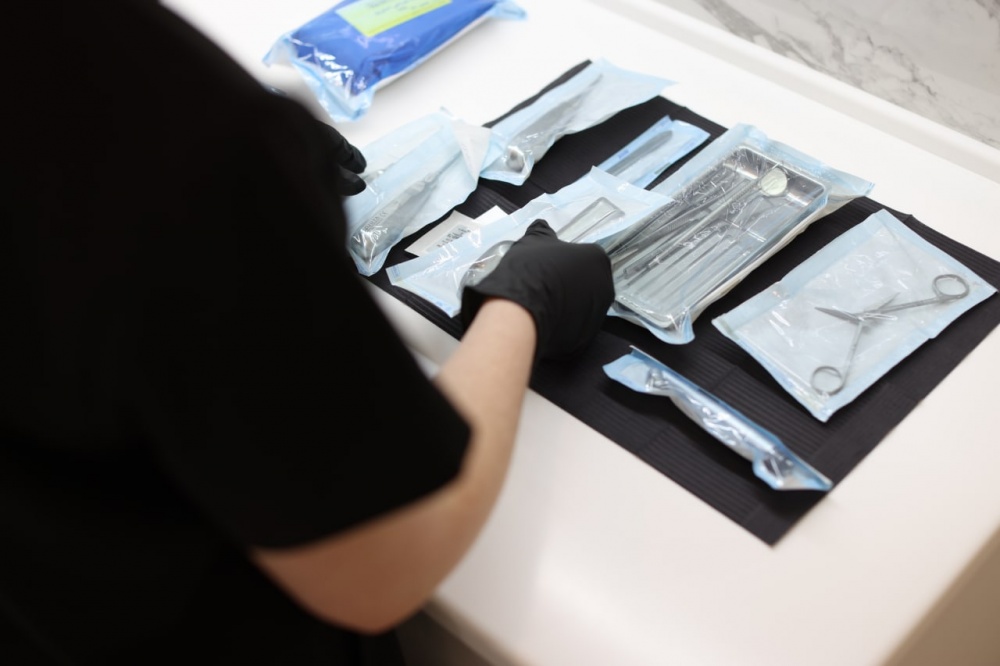
Rehabilitation after tooth extraction
After surgery, the patient may experience minor discomfort, pain and swelling, sometimes bleeding in the area where the surgery was performed. There may also be a decrease in the sensitivity of the lip, cheek or tongue - this is due to the location of the tooth near the nerve, but you should not worry. These phenomena are normal and can last from 2 to 6 days, gradually decreasing. Sometimes they can last up to 14 days, but these cases are rare. If the pain and swelling does not disappear - you need to see a doctor urgently for examination and consultation.
To prevent complications after removal it is recommended:
- Hold the gauze swab for no more than 7 minutes.
- Do not rinse or suck the clot out of the wound, nor should you traumatize the wound with a toothbrush, matches, toothpicks until it has healed.
- In case of pain after extraction, it is recommended to take painkillers, even if the hole in the area where it was removed does not bother you, you still need to take painkillers, because they have an anti-inflammatory effect.
- Avoid straining your body, going to the swimming pool or the solarium on the day of surgery.
- Do not drink alcohol or tobacco products, refrain from eating salty, spicy or hot food.
- Do not warm the side where the removal was done.
- Do not cancel any medications prescribed by your doctor.
- On the 3rd day after removal, you must come in for a check-up, and on the 7th-14th day you must come in for the removal of stitches.
If you follow all the recommendations of your doctor, dentist, the wound will heal quickly and with minimal discomfort to you.
You May Also Be Interested
© MARYCARE DENTAL 2026 Created with by ABCname




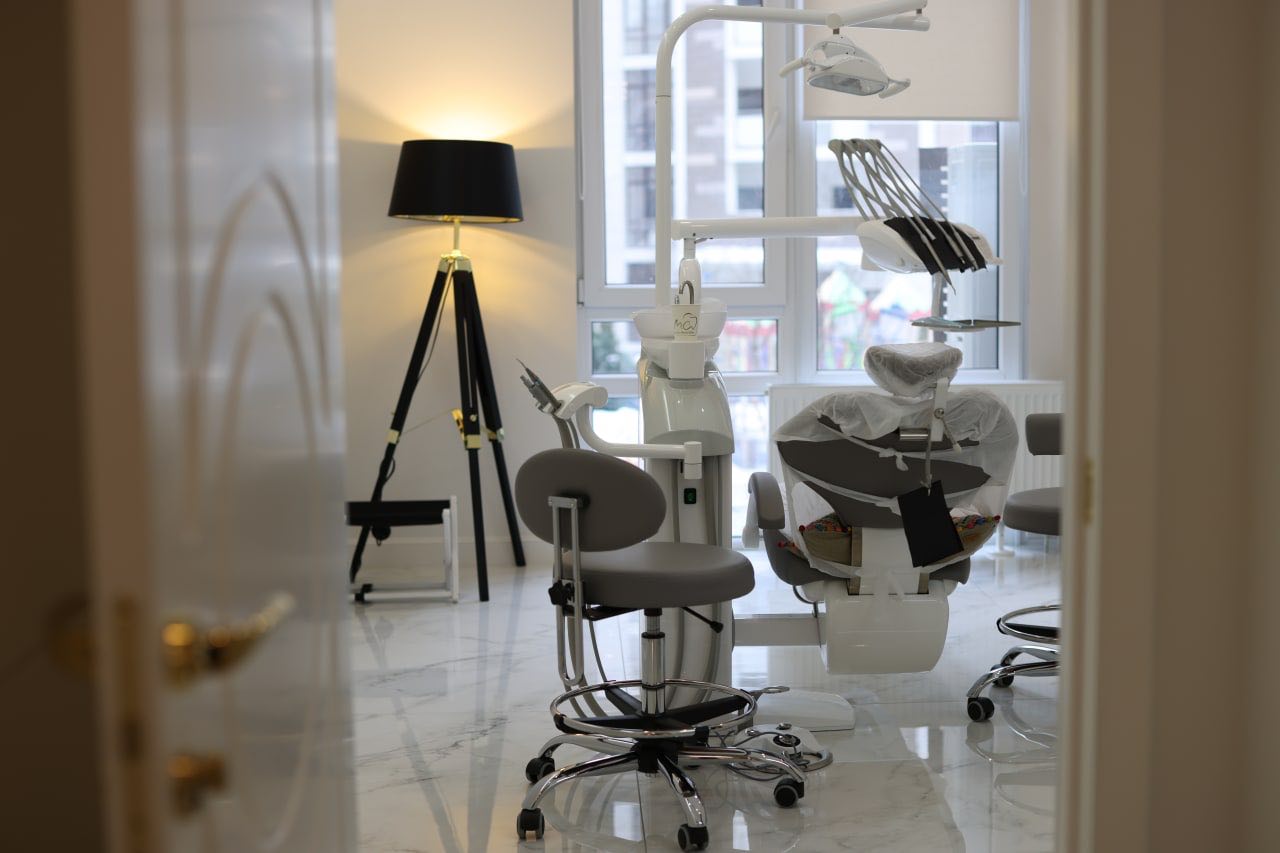
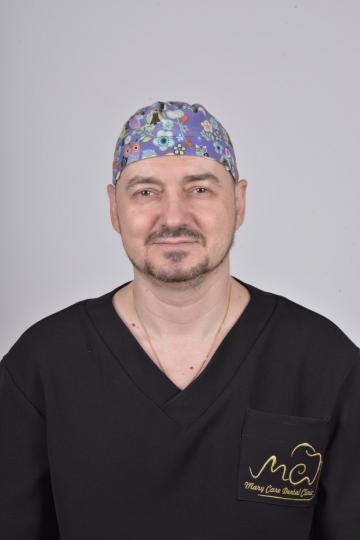
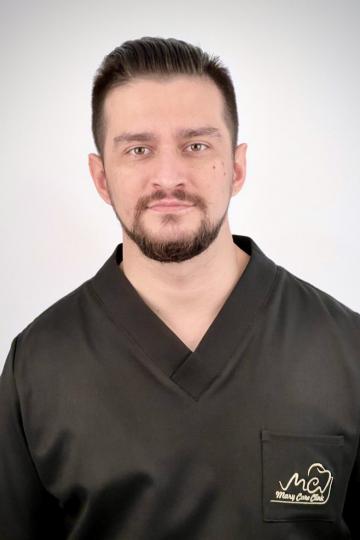

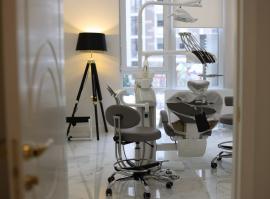

Make an appointment